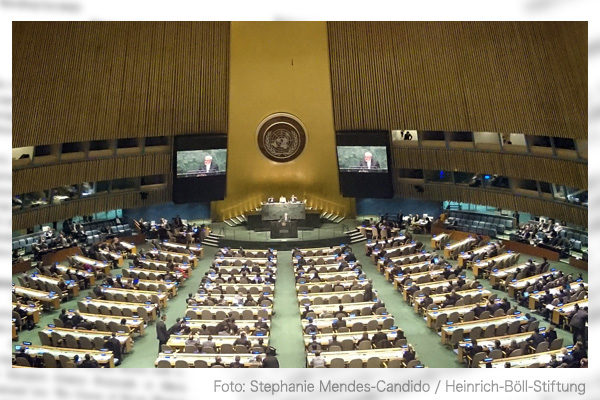The Ukraine War has broken down two premises of international security the world had trusted after World War II.
Collapsed NPT regime
First, the Nuclear Nonproliferation Treaty regime that has supported nuclear arms control has virtually collapsed. The NPT was adopted at the United Nations General Assembly in 1968 for the purpose of nuclear disarmament and put into effect in 1970. It prohibits signatories other than the United States, China, Britain, France and Russia from possessing nuclear weapons. The treaty is designed to prevent the proliferation of nuclear weapons while leaving the five nuclear powers to control nuclear weapons. The premise for the treaty is that non-nuclear countries can feel secure as the five nuclear powers act responsibly. But Russia’s invasion into Ukraine has exposed the collapse of the premise.
In a media interview one year after Russia’s annexation of the Crimean Peninsula in 2014, Russian President Vladimir Putin revealed that he had readied nuclear weapons at the time of the annexation, startling the world. This time, Putin threatened to use nuclear weapons in the course of military operations. This leads the international community to lose confidence in the NPT regime and justifies North Korea’s possession of nuclear weapons, enhancing the likelihood of accelerating nuclear proliferation.
U.S. afraid of nuclear war
Second, the U.S. has avoided military intervention out of fear of a nuclear war. The Persian Gulf War in 1991 was triggered by then Iraqi President Saddam Hussein’s invasion into neighboring Kuwait. Then U.S. President George H. W. Bush organized the U.S.-led multinational forces that ousted Iraq forces from Kuwait in one month. This time, Russia invaded neighboring Ukraine under the pretext of its own national security. The Russian invasion makes no difference from Iraq’s invasion of Kuwait.
But U.S. President Joe Biden quicky declared that the U.S. would not make military intervention in Ukraine while imposing tough economic sanctions on Russia. What has made a difference between U.S. responses to the Iraqi and Russian invasions? The difference is clearly attributable to the fact that Russia is a nuclear power. If the U.S. makes military intervention in Ukraine, it may engage in a direct armed conflict with Russia, which may escalate into a nuclear war. Through the U.S. response to the Russian invasion, the world has seen the U.S. refraining from military intervention in consideration of a potential nuclear war for the first time since the end of World War II.
Japan forced to make a choice
China is the largest threat to Japan facing the Taiwan and Senkaku Island issues. Like Russia, China is a nuclear power supporting the NPT regime. In Europe that was on the frontline of world security during the Cold War, Germany, Belgium, Italy and the Netherlands chose a nuclear sharing arrangement with the U.S. for their survival. This arrangement was designed for the four countries to share decisions with the U.S. on the use of nuclear weapons. Time has come for Japan, which has been put on the frontline of world security within the context of U.S.-China confrontation, to discuss nuclear sharing in light of the current new situation.
Katsutoshi Kawano is a former Chief of Staff, Joint Staff, Japan Self-Defense Forces.


